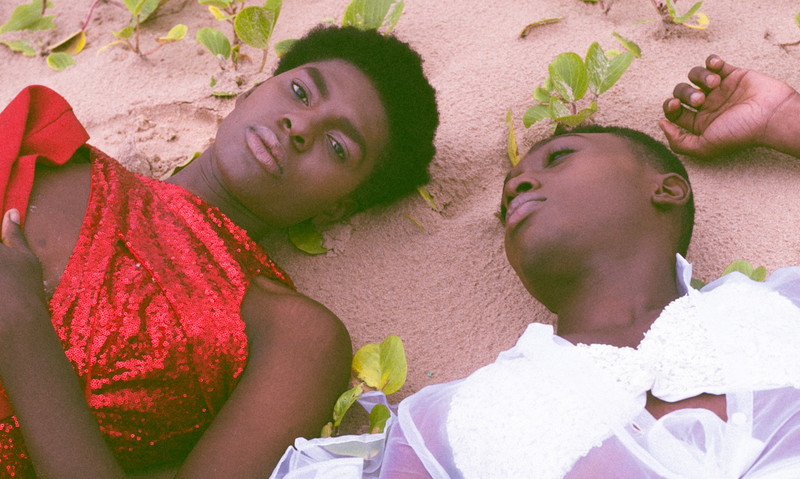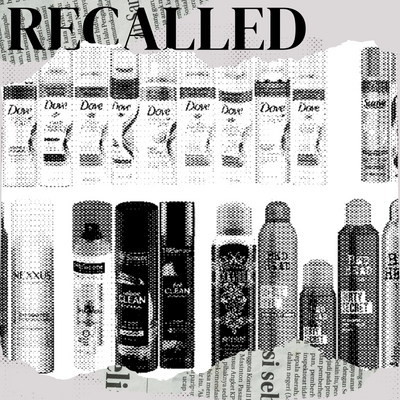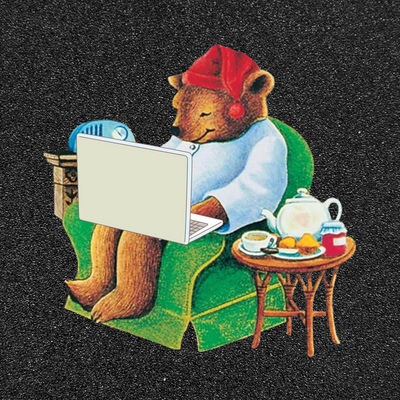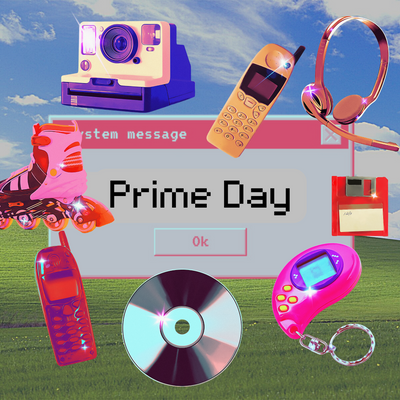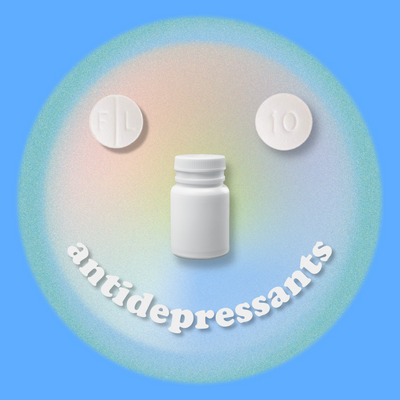
Before barbershops were cool and LGBTQ+ issues were being pushed forward, there was @rudysbarbershop. Since ‘93, this Seattle-based hub has been a proponent for inclusion, helping all people – straight, gay, bi and in between – express themselves through hair. 25 years, a product line, and many barbershops later, Rudy’s is still championing the cause of identity. True to their ‘For Everybody’ roots, Rudy’s supports partners like @itgetsbetterproject and @lalgbtcenter and donates shower products to shelters that serve LGBTQ+ youth.
At last month’s 2017 Emmy Awards, Lena Waithe made history as the first black woman to be awarded for writing in the comedy category.
While the win was a landmark, the Master of None episode that spawned the nomination and subsequent victory was historic in its own right. Anchored in Waithe’s own experiences as a queer person of color, the episode is centered around three generations of matriarchs who come together over Thanksgiving. Interwoven between nuanced family dynamics is a subtly touching coming out story that both humanizes and humorizes the LGBTQIA experience. As Waithe’s moving acceptance speech showed, she implicitly understood the importance of crafting a narrative that didn’t sensationalize or de-normalize LGBTQIA relationships.
“I love you all and last but certainly not least my LGBTQIA family,” Waithe said from the Emmy stage podium. “I see each and every one of you. The things that make us different, those are our superpowers — every day when you walk out the door and put on your imaginary cape and go out there and conquer the world because the world would not be as beautiful as it is if we weren’t in it.”
Waithe is right; the things that make us different are the things that allow us to empathize with experiences outside of our own. Our differences also allow us to contribute valuable alternative perspectives that enrich culture and society at large. Still, as we celebrate history-making victories like Waithe’s or share stories around Coming Out Day, we should also remember that it’s a luxury to have the choice to live so openly. Even in America, which is considered fairly progressive in its attitude to LGBTQIA lifestyles, those who identify anywhere along that spectrum still experience the hostility of being “othered” in public spaces.
As of 2017, it is still illegal to be LGBTQIA in 72 countries across the globe
Unfortunately, there are also instances of physical violence and worse, the rate of murder for trans women of color, for instance, has reached a critical level. According to a study by the Human Rights Campaign and the Trans People of Color Coalition, 87% of trans people murdered between 2013 and 2015 were also PoC. Yet even as America battles its demons, it’s important to recognize that there is legislation in place that categorizes these kind of crimes for what they are, hate-motivated acts of violence. And while that’s no comfort compared to the lives lost or the painful reality of discrimination, it does provide a level of protection that is missing in other countries.
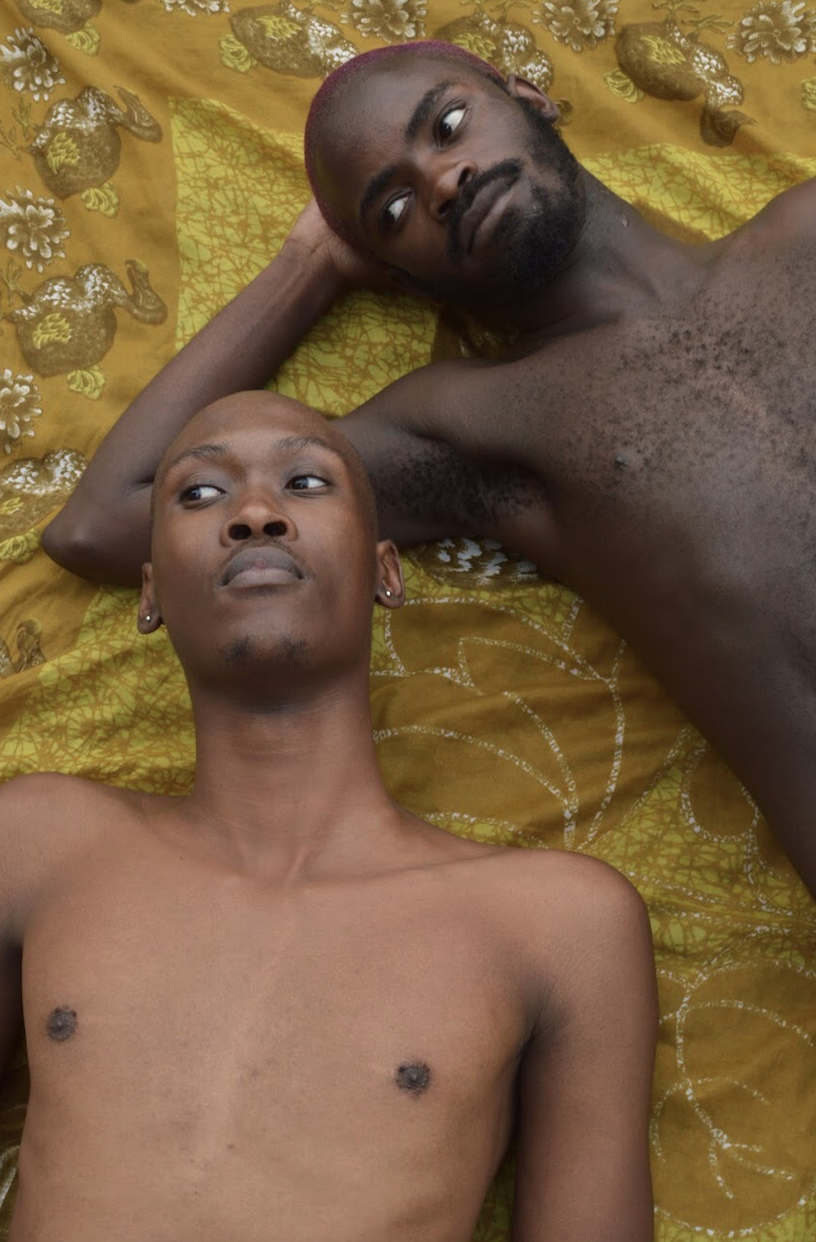
As of 2017, it is still illegal to be LGBTQIA in 72 countries across the globe, 33 of these countries are on the African continent. For those who identify outside of cis-gender norms and wish to exist peacefully in environments where being themselves is quite literally against the law, coming out publicly is often not an option. Still, LGBTQIA people are everywhere, and with the advent of the Internet age it’s become easier than ever to connect and find communities anonymously, even in spaces where they have traditionally been alienated.
“I wouldn’t say I have come out. I’m just riding on my fashion sense to stay sane in a part of the world where everything is illegal,” explained one person in Ghana to Very Good Light, who identifies as a “tomboy.”
Ghana is often considered one of the more progressive African countries where LGBTQIA lifestyles are concerned. Yet still, sexual acts between men fall under “unnatural carnal knowledge,” and thereby illegal. The laws around lesbianism are a lot more murky as there is no legal language that explicitly bans same-sex activity between women (unless penetration can be proven).
Trans identity is even more convoluted as it isn’t even recognized in any legal language, though culturally being trans (like being gay or lesbian) tends to unilaterally be deemed wrong because of the country’s conservative views and strong religious beliefs. As a result, some women who consider themselves trans internally, externally identify with their masculine identity through fashion. Though it is a more quiet means of asserting autonomy, it allows some semblance of sharing their true identity. To be clear, that doesn’t mean that some women who also prefer more traditionally “masculine” fashions don’t identify as lesbian and not trans.
“I’ve met thousands of people across Africa who are just hiding and timid because of fear.”
The individual we spoke to shared that they are out among a select group of friends, all of whom identify somewhere on the LGBTQIA spectrum. “We tend to form cliques by age group,” they explained. “The downside
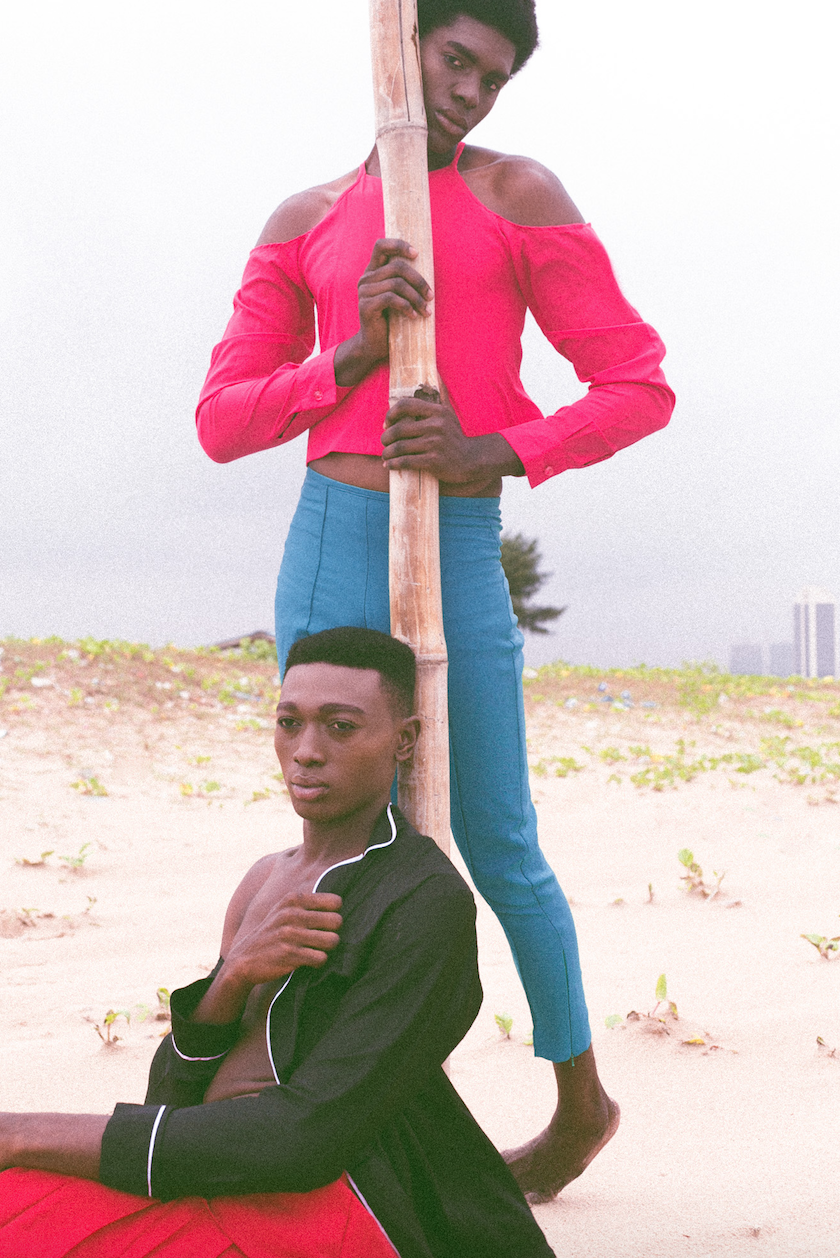
is that a lot of the same people end up dating because we use social media to connect. We are actually many here so that’s how we ‘meet our kind,’” they explained.
They also started an Instagram page that we’ve decided to hide to protect this individual, as a way to connect with other self-identified “tomboys” across the continent. Some of the featured women are merely interested in agender fashion, but some of them also use style as a means of self-expression in lieu of either publicly coming out as lesbian or trans. “I’ve met thousands of people across Africa who are just hiding and timid because of fear,” they explained. And while they say that Americans can often overdramatize the level of homophobia on the African continent, there are moments such fear is valid and necessary.
In September, over 40 men were arrested and imprisoned in Lagos for committing “homosexual acts.”
Though they have never been outed or been the victim of a hate crime, they remember one of the first experiences of LGBTQIA discrimination they’d ever witnessed ending in violence. “I saw a man get mobbed by an angry crowd.” Unfortunately, when these instances do occur, there is no legal recourse for the victim. To even attempt to report an incident like that for what it is (a hate crime), would only lead to the incarceration of the victim for being deemed a homosexual.
This experience in Ghana juxtaposes that of another young man we spoke to in Nigeria who identifies as gay. While our source in Ghana feels the level of homophobia on the continent is often over-dramatized in American media, our Nigerian source feels that it is accurate and even under-reported at times. This could be because Nigeria’s attitude towards LGBTQIA people has been much more aggressively intolerant than Ghana.
In September, over 40 men were arrested and imprisoned in Lagos for committing “homosexual acts.” Some of the men are still in jail today, though NGOs and LGBTQIA activism groups on the ground have been attempting to raise the funds for their bond. Yet another contributing factor is the deeply patriarchal cultural structures present on the African continent. In the minds of many, to be a man comes with stringent heteronormative standards, so to be gay and male is to automatically be perceived as somehow effeminate and less than a man.
Despite facing legally-condoned discrimination, he shares that he has come out to a select group of friends with whom he’s created a tolerant community. “I fear being outed or harmed every single day,” he confessed. “I work in an environment where people suspect I am gay and I have gotten hostile remarks more than a few times. A friend of mine lost her job after her colleagues outed her in the workplace. I think that education and information are the only things that can change these attitudes,” he finished. When Very Good Light asked what he would do if he could be out and accepted, he answered, “I would get married.”
So while we celebrate Coming Out Day and close out #comingoutweek here at Very Good Light, we should also think about the many legal hurdles towards equal rights we’ve already overcome. We can get married. We can come out. We can press charges if someone commits a hate crime; that is one of the biggest luxuries and privileges we have. After all, many of our brothers and sisters still can’t. If you’re wondering what you can do to get involved, organizations like Queer African Youth Network or Rainbow International, which seeds donations and fundraising to activists in countries where being LGBTQIA is illegal, are a wonderful place to start.
Stephanie Smith-Strickland is a Los Angeles-based freelance writer. She was formerly a senior editor with Highsnobiety and has also written for Vice, Complex, Billboard, Schon! Magazine, No Tofu Magazine and more. You can find her @perstephon3
As a long-time supporter of the LGBTQ community and the It Gets Better Project, Rudy’s has partnered with world-renown artist, public speaker, and author Dallas Clayton to create a line of custom tote bags and stickers supporting Coming Out Day and the LGBTQ community. With every purchase of the custom Baggu tote, sticker sheet and Think About Someone You Love booklet (total cost: $21), Rudy’s will donate $5 to the It Gets Better Project. Our collective hope is to inspire people young and old to celebrate their individuality and this special moment.

